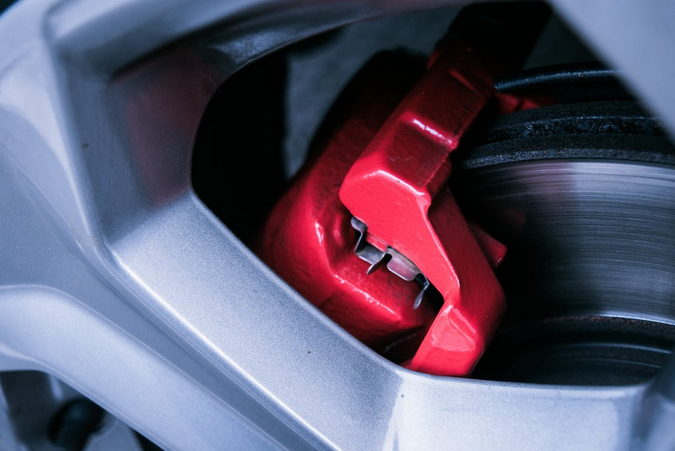The Latest Technologies of Car Brake Systems

Revolutionary advancements in technology have made their way into every aspect of our lives, including the world of automotive engineering. One area that has seen significant innovation is car brake systems. Gone are the days of traditional hydraulic brakes; now, we find ourselves amidst a new era where integrated controls and intelligent engines reign supreme. Regardless of the tech, all brake systems need a spray pump bottle to keep them well-functioning. Today, we’ll unveil the latest technologies in car brake systems that are transforming the way we drive and ensuring enhanced safety on the roads.
Integrated Brake Controls
Combining multiple braking functions into one cohesive system, Integrated Brake Controls (IBCs) provide drivers with enhanced control and safety on the road. One key feature of IBCs is their ability to integrate anti-lock braking systems (ABS), traction control systems (TCS), and electronic stability control (ESC). By seamlessly coordinating these essential components, IBCs ensure optimal brake performance in various driving conditions.
Furthermore, integrated controls enable seamless communication between different vehicle systems. For instance, they can work harmoniously with advanced driver assistance systems (ADAS) like collision warning or adaptive cruise control to optimize braking based on real-time data from sensors and cameras.
Intelligent Engine Brake System

The Intelligent Engine Brake System is another newsworthy, cutting-edge technology that has revolutionized the way brakes work in modern cars. This system generates advanced sensors and algorithms to analyze various factors such as vehicle speed, driver input, and road conditions to determine the optimal braking force required.
By constantly monitoring these variables, the intelligent engine brake system can apply just the right amount of pressure on each individual wheel to maximize braking efficiency and stability. This not only improves overall safety but also allows for smoother and more controlled deceleration.
One of the key advantages of this system is its ability to adapt in real time. Whether driving on a wet or slippery surface or going downhill, the intelligent engine brake system will automatically adjust its settings to ensure maximum grip and prevent wheel lock-up. Moreover, this technology also helps reduce wear and tear on traditional braking components such as brake pads and rotors.
Electronic Parking Brake System
The Electronic Parking Brake System is one of the latest advancements in car brake technology. The EPB replaces the traditional handbrake lever with a small switch or button, making it more convenient and user-friendly. With this system, drivers can easily engage or disengage the parking brake with just a push of a button. This eliminates the need to pull on a lever, which can sometimes be cumbersome and require extra effort.
The best thing about EPC is its ability to automatically engage when the engine is turned off and release when it is started again. This feature ensures that your car remains securely parked even on steep slopes without having to worry about manually engaging the brake.
Furthermore, this system also includes additional safety features such as automatic release during emergency situations like sudden acceleration or collision detection. It provides added peace of mind, knowing that your vehicle will respond quickly in critical moments.
As you can see, car brake systems have seen significant improvements over the years, thanks to the latest technologies that are being incorporated into these systems. Whether you’re a daily commuter navigating city streets or an avid enthusiast pushing limits on race tracks, the advancements discussed here provide undeniable benefits across all aspects of driving.…


